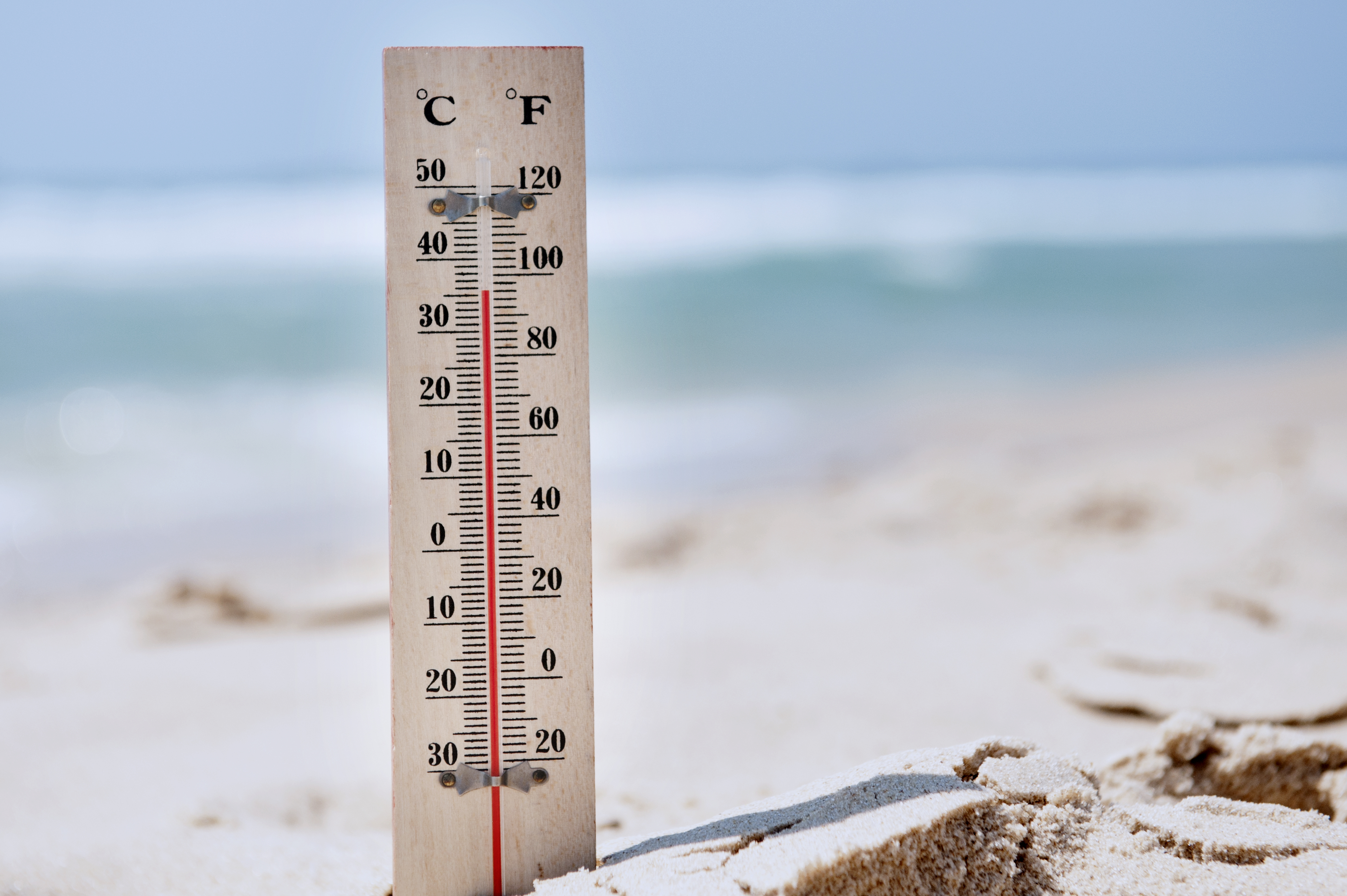Here we go again. Temperatures in some Orange County communities are expected to approach triple-digits this week, increasing the risk of heat-related illnesses — particularly for more sensitive populations.
 “During extremely hot weather it is important to check on those who are at high risk to make sure they are staying cool,” says County Health Officer Dr. Eric Handler. “The people at highest risk during extreme heat include seniors who live alone, people with heart or lung disease, and young children.”
“During extremely hot weather it is important to check on those who are at high risk to make sure they are staying cool,” says County Health Officer Dr. Eric Handler. “The people at highest risk during extreme heat include seniors who live alone, people with heart or lung disease, and young children.”
The Orange County Health Care Agency is once again advising the following precautions during the heatwave:
- Drink plenty of water, and don’t wait until you’re thirsty.
- Wear light, loose-fitting clothing.
- Avoid unnecessary sun exposure. When in the sun, wear a hat, preferably with a wide brim, and use sunscreen.
- Avoid strenuous activities if you are outside or in non-air conditioned buildings. If you are working outdoors, take frequent rest and refreshment breaks in a shaded area.
- Never leave children, elderly people or pets unattended in closed cars or other vehicles.
- Check on those who are at a higher risk to make sure they are staying cool, including seniors who live alone, people with heart or lung disease and young children.
- Stay cool indoors. If your home is not air-conditioned, visit public facilities including shopping malls and libraries to stay cool.
The agency says signs of heat exhaustion can include heavy sweating, muscle cramps, weakness, headache, nausea or vomiting and dizziness. If you experience these symptoms, move to a cool location, rest and drink fluids.
Warning signs of a heat stroke may include an extremely high body temperature; unconsciousness; confusion; hot and dry skin with no sweating; a rapid, strong pulse; and a throbbing headache. If these symptoms are present, call for medical assistance immediately. The Health Care Agency says heat stroke victims should be moved to a shady area where their bodies can be cooled with water.
For more information on heat-related illnesses, visit the Centers for Disease Control and Prevention website.
